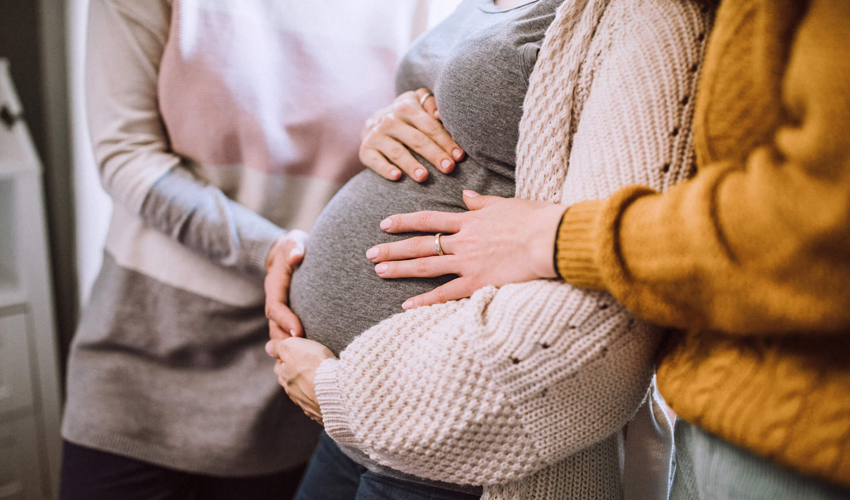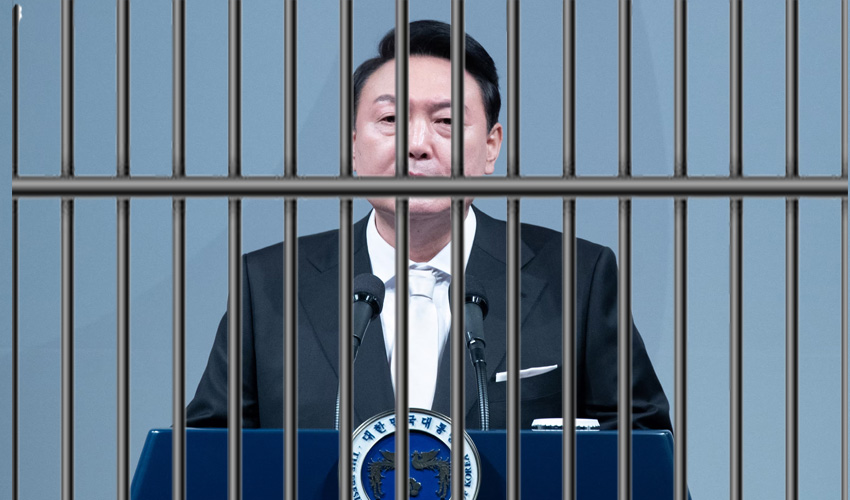The United Arab Emirates (UAE) has introduced significant changes to its fertility laws, allowing non-Muslim couples and unmarried couples residing in the country to access in vitro fertility (IVF) treatments. Additionally, the Emirati government has legalized surrogacy, permitting any woman to act as a surrogate for another woman.
These legal amendments, introduced after a substantial period, reflect a more progressive approach to fertility laws in the UAE. Surrogacy, previously considered a criminal offense, has been decriminalized, opening the door for any woman to carry and give birth to another woman's child through surrogacy.
The modifications also encompass non-Muslim couples, including unmarried couples, who are now eligible to utilize IVF treatments. IVF typically involves the extraction of sperm from a man and eggs from a woman, which are then fertilized outside the body to facilitate pregnancy. While sperm from a third person may be added in rare instances, it remains an infrequent occurrence.
Furthermore, the government’s changes in fertility regulations now permit unmarried women to preserve their fertile eggs during their youth and allow men to store their sperm for future use. This shift in Emirati fertility laws is being widely hailed by experts as a transformative development in the UAE.
The United Arab Emirates is home to a substantial expatriate and non-Muslim population, including individuals from Western countries who have chosen to reside there. Under the new legal framework, couples experiencing fertility issues and unmarried couples can explore IVF as an option to start or expand their families. Additionally, any woman can choose to have her children by having her eggs implanted in the womb of a surrogate.



























